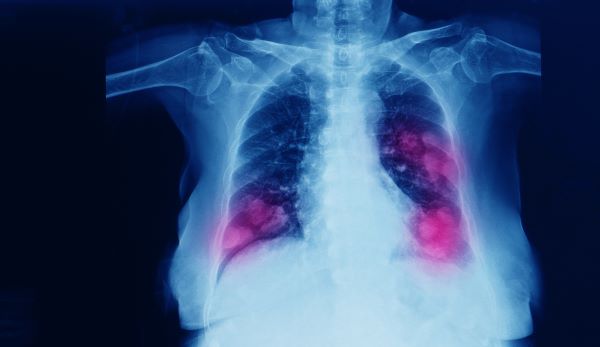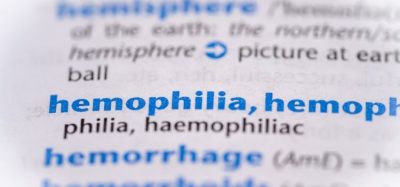Sanofi stops development of lung cancer drug
Posted: 22 December 2023 | Caroline Peachey (European Pharmaceutical Review) | No comments yet
Sanofi is discontinuing development of tusamitamab ravtansine for certain types of non-small cell lung cancer after a Phase III clinical trial did not meet its endpoint.


French pharmaceutical giant Sanofi announced that it is ending the development programme evaluating tusamitamab ravtansine as a monotherapy for certain patients with metastatic non-squamous, non-small cell lung cancer (NSCLC).
The decision comes after interim analysis from a Phase III clinical trial, CARMEN-LC03, did not meet a primary end point.
CARMEN-LC03, a randomised, open-label study was evaluating tusamitamab ravtansine as monotherapy compared to docetaxel in patients with metastatic non-squamous NSCLC whose tumours express high levels of carcinoembryonic antigen-related cell adhesion molecule 5 (CEACAM5).
CEACAM5 is one of 12 glycoproteins and may drive cell adhesion and migration, as well as inhibit apoptosis. It may be overexpressed in many different cancer types.
Tusamitamab ravtansine is an antibody–drug conjugate that selectively targets CEACAM5.
Tusamitamab ravtansine as a monotherapy did not meet its dual primary endpoint of progression-free survival (PFS) compared to docetaxel”
Sanofi said that an Independent Data Monitoring Committee found that tusamitamab ravtansine as a monotherapy did not meet its dual primary endpoint of progression-free survival (PFS) compared to docetaxel.
It noted that despite an improved overall survival trend, a decision to terminate the programme was based on non-improvement in PFS at the final analysis.
Trial participants will have the option to stay on their current therapy if they are benefitting, or to transition to an appropriate standard-of-care therapy.
“Our team is grateful to the patients, families and healthcare professionals involved in the tusamitamab ravtansine development programme,” stated Dietmar Berger, Chief Medical Officer and Head of Development at Sanofi.
“Although the results are not what we hoped for, our research and work to advance potentially transformative therapies in areas of high unmet need for people living with cancer will not stop. We will continue to explore the potential of CEACAM5 as a biomarker in cancer types where it is highly expressed.”
Related topics
Anti-Cancer Therapeutics, Clinical Trials, Drug Development, Drug Safety, Regulation & Legislation, Research & Development (R&D), Therapeutics









